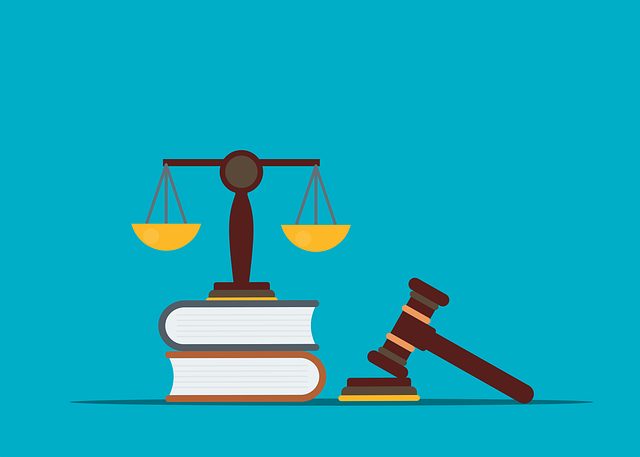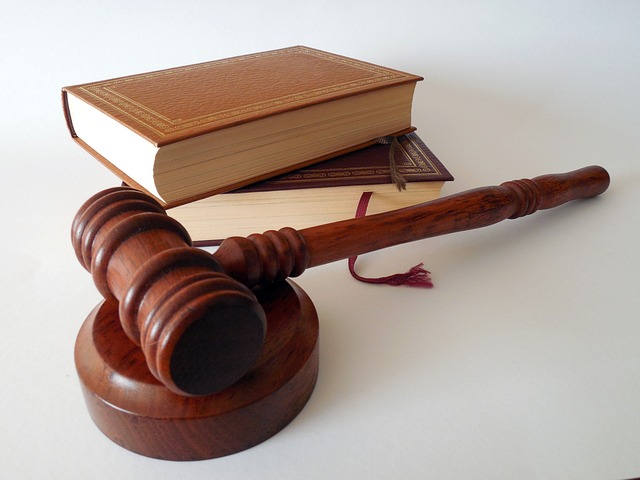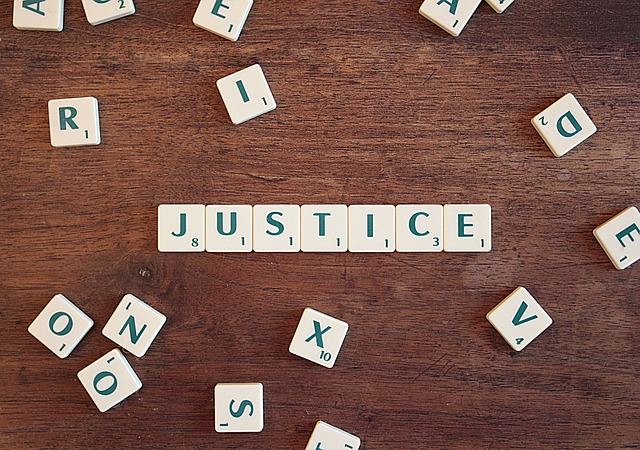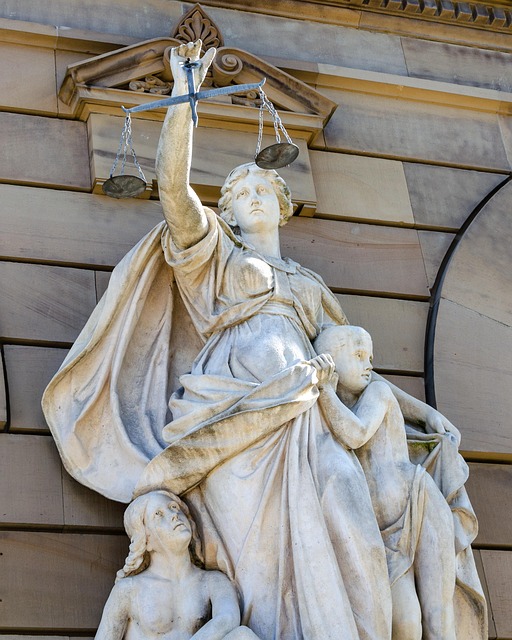
Category: Denver Colorado Car Accident Settlements
Denver Colorado Car Accident Settlements: A Comprehensive Analysis
Introduction
Welcome to an in-depth exploration of the intricate world of Denver Colorado Car Accident Settlements. This article aims to unravel the complexities of this critical aspect of personal injury law, offering valuable insights for both legal professionals and individuals affected by vehicular accidents in Denver, Colorado. By delving into its various facets, we will uncover the significance of settlements, their impact on the region’s legal landscape, and the factors that influence these agreements.
Denver, with its vibrant culture and bustling streets, has witnessed an evolving legal system when it comes to car accident cases. This analysis will provide a comprehensive understanding of how settlements are reached, the forces at play, and the potential outcomes for all stakeholders involved. Through this journey, we aim to empower readers to make informed decisions and navigate the complexities of personal injury claims effectively.
Understanding Denver Colorado Car Accident Settlements
Definition and Core Components
A Denver Colorado Car Accident Settlement refers to an out-of-court agreement between the parties involved in a motor vehicle collision, where compensation is exchanged to resolve legal disputes related to injuries or property damage. This process involves negotiations between the victim (or their legal representative) and the responsible party, often an insurance company representing the at-fault driver. The core components of a settlement include:
- Compensation for Damages: This encompasses medical expenses, lost wages, pain and suffering, property damage repairs or replacement costs, and other relevant expenditures incurred due to the accident.
- Responsibility Admission: The settlement typically includes an admission of liability by the defendant, acknowledging their role in causing the accident and subsequent damages.
- Terms and Conditions: These are agreed-upon conditions that dictate how the compensation will be paid, any restrictions or limitations on the victim’s activities, and other post-settlement obligations.
- Release of Liability: Once the settlement is finalized, a release document is signed, absolving the responsible party from further legal responsibility related to the accident.
Historical Context and Significance
The practice of car accident settlements in Denver has evolved over time, reflecting changes in traffic laws, insurance policies, and societal attitudes towards personal injury claims. Historically, many car accidents went unresolved through litigation, often resulting in lengthy court battles. However, the rise of no-fault insurance systems in Colorado during the 1970s introduced a more efficient approach to settling claims.
In Denver, as in other cities across the state, these changes streamlined the process, making it faster and less costly for both victims and insurers. Over time, settlements became increasingly prevalent, allowing individuals to receive compensation without extensive legal proceedings. This shift has been instrumental in ensuring that accident victims can access much-needed financial support more promptly.
Global Impact and Trends
International Influence
The concept of Denver Colorado Car Accident Settlements is not confined to the boundaries of Colorado; it echoes globally, influencing personal injury laws and practices worldwide. Many countries have adopted elements of the U.S. legal system, including its approach to tort law and settlement negotiations. The international impact can be attributed to several factors:
- Global Insurance Industry: Denver’s settlements are influenced by global insurance trends, with many international insurers operating in Colorado and following regional legal frameworks.
- Cross-Border Cases: With increasing globalization, cross-border accidents involving Denver residents or visitors have led to the need for internationally recognized settlement practices.
- Legal Cooperation: International legal cooperation initiatives facilitate the transfer of knowledge and best practices regarding car accident settlements between countries.
Key Trends Shaping the Trajectory
Several global trends are shaping the future of Denver Colorado Car Accident Settlements:
| Trend | Impact | Example |
|---|---|---|
| Digitalization: The rise of online platforms for claim submission and documentation streamlines the settlement process, enhancing efficiency. | Faster processing times and reduced paperwork for both parties. | Many insurance companies now offer digital tools for policyholders to file claims and track their progress. |
| Data Analytics: Advanced analytics help predict accident patterns, identify high-risk areas, and assess liability, potentially leading to more accurate settlements. | Improved risk assessment and potential cost savings for insurers. | Insurers can use data to identify trends in accident hotspots and implement targeted safety campaigns. |
| Alternative Dispute Resolution (ADR): ADR methods like mediation and arbitration gain popularity, offering faster and more cost-effective alternatives to traditional litigation. | Reduced court backlogs and a more cooperative environment for reaching settlements. | Many courts encourage parties to consider ADR as a first step in resolving personal injury disputes. |
| Liability Shifting: Changes in laws and regulations may shift liability towards manufacturers or technology providers, expanding settlement opportunities for victims. | Potentially higher compensation for victims, especially in cases involving defective vehicle parts or autonomous vehicles. | A recent ruling held a tech company accountable for its AI-powered navigation system’s role in a collision, setting a precedent for future cases. |
Economic Considerations
Market Dynamics and Investment Patterns
The Denver car accident settlement market is influenced by various economic factors:
- Insurance Premiums: Changes in insurance rates impact both drivers and insurers’ financial positions, potentially affecting the availability and cost of settlements.
- Economic Fluctuations: Recessions or booms can influence individuals’ willingness to engage in lengthy legal battles, impacting settlement trends.
- Investment Opportunities: Successful settlements may provide victims with funds for investment, stimulating local economic growth.
Impact on Local Economy
Car accident settlements have a ripple effect on the Denver economy:
- Legal Services: Settlements drive demand for legal services, supporting local law firms and legal professionals.
- Healthcare Sector: Increased medical claims due to accidents can boost healthcare providers’ revenue but may also lead to higher insurance premiums.
- Reparation Industry: Local businesses benefiting from property damage repairs or replacement contribute to the overall economic health of the region.
Factors Influencing Settlements in Denver
Legal Framework and Regulations
Denver’s car accident settlements are governed by Colorado law, which includes:
- Personal Injury Laws: These laws dictate the rights and responsibilities of parties involved in accidents, setting the legal framework for settlements.
- No-Fault Insurance System: Colorado’s no-fault insurance system requires drivers to carry personal injury protection (PIP) coverage, which covers medical expenses and lost wages regardless of fault. This system simplifies settlement negotiations.
- Statutes of Limitations: These laws set time limits for filing personal injury claims, ensuring cases are resolved within a reasonable period.
Insurance Company Strategies
Insurance companies play a pivotal role in Denver car accident settlements, employing various strategies:
- Negotiation Skills: Companies with strong negotiation teams may offer more favorable settlement terms, aiming to minimize payouts while maintaining customer satisfaction.
- Risk Assessment: Insurers use advanced risk assessment tools to evaluate liability and potential costs, influencing their settlement offers.
- Settlement Bonuses: Some insurers provide incentives for quick settlements, encouraging out-of-court agreements.
Victim’s Attorney Strategies
Victim attorneys employ different tactics to secure favorable settlements:
- Medical Expert Testimony: Presenting compelling medical evidence can strengthen the victim’s case and increase settlement amounts.
- Negotiation Tactics: Skilled attorneys use negotiation strategies, including establishing liability, demonstrating damages, and leveraging insurance company policies.
- Litigation Preparation: While settlements are preferred, attorneys may also prepare for court by gathering evidence and preparing witnesses to bolster their client’s case.
Potential Outcomes and Considerations
Advantages of Settlements
- Faster Resolution: Settlements avoid the lengthy process of litigation, providing victims with quicker access to compensation.
- Cost Savings: Both parties can save on legal fees and court costs associated with trials.
- Privacy: Out-of-court agreements maintain privacy, shielding sensitive details from public view.
Challenges and Risks
- Lower Compensation: Settlements may not always reflect the full extent of damages, especially in complex cases.
- Time Sensitivity: There are strict time limits for filing claims, and delaying negotiations might result in a loss of rights.
- Insurance Company Pressure: Insurers may apply pressure to settle quickly, potentially leading to lower offers.
Conclusion
Denver Colorado Car Accident Settlements represent a critical aspect of the city’s legal landscape, balancing the interests of accident victims with those of insurance companies and businesses. Understanding this process is essential for anyone navigating personal injury claims in Denver. By recognizing the factors at play, individuals can make informed decisions, ensuring they receive fair compensation while efficiently resolving their cases. As global trends continue to shape local practices, the future of car accident settlements in Denver promises further innovation and adaptation to meet evolving legal and social needs.









